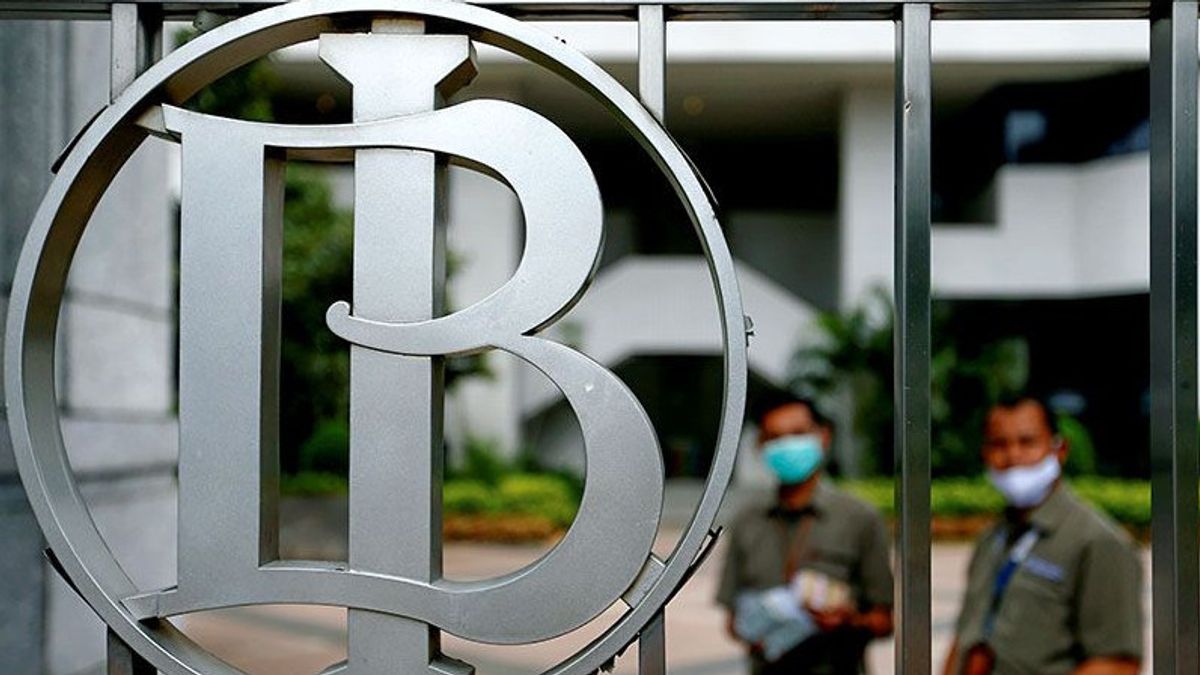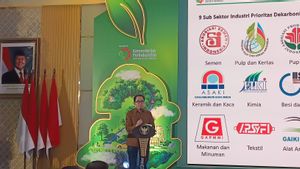JAKARTA - Deputy Chairperson of the Indonesian Employers' Association (Apindo) Shinta Kamdani said Bank Indonesia's (BI) decision to maintain the benchmark interest rate at 3.5 percent was very helpful for business actors.
"We appreciate BI's decision not to raise the benchmark interest rate," Shinta said as quoted by ANTARA, Monday, July 4.
He hopes that for now the central bank can maintain its benchmark interest rate policy because it will affect inflation conditions, especially in terms of market stability.
Increasing inflation is indeed a concern for various countries, including Indonesia.
However, Indonesia is one of the countries with much better inflation conditions despite global shocks.
Shinta explained that the factors driving inflation in the country came from internal and external sources.
From the internal side, there was a combination of rising prices for imported raw materials which then affected the price increases in the market such as fuel oil (BBM) and logistics.
On the external side, inflation was triggered by a combination of food and energy shortages, rising global commodity prices, and supply chain and logistics disruptions.
"This is very disturbing, especially because of the conflict between Russia and Ukraine, so it also affects the weakening of the rupiah exchange rate," said Shinta.
Therefore, the ability of the Indonesian government to suppress existing inflation will depend on policy responses that must be very careful about creating stability in the market, for example BI's interest rate policy.
With a prudent policy, he said, Apindo is optimistic that the Ministry of Finance's inflation target of 4.5 percent this year can be achieved with market intervention, so that the expected economic growth can be achieved.
The English, Chinese, Japanese, Arabic, and French versions are automatically generated by the AI. So there may still be inaccuracies in translating, please always see Indonesian as our main language. (system supported by DigitalSiber.id)













